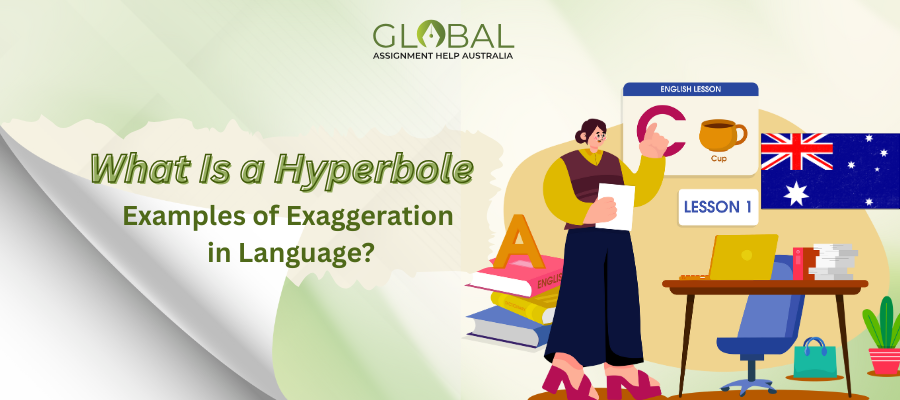 Offers
New
Order Now
Offers
New
Order Now
In our day-to-day life, we encounter many unusual phenomena, but we never wonder what, how & why it is happening. Let’s take an example of the planet on which we live, the Earth. It’s full of breathtaking events about them you might haven’t given a passing thought ever. Have you ever wondered why it is called the blue planet? Or why does it appear bright when looking upon from a distant place in space? If you are now scratching your head, then stop letting your mind wander. Read this deeply researched piece of content to know some brilliant facts about your own so-called planet ‘ the Earth.’ Take a look!
Earth is not only full of elements, precious gems, and diamonds, but it is also full of mysteries and associated with many facts. Hope you liked reading the blog.
If you have an assignment submission deadline coming shortly, then you can take writing help from Global Assignment Help Australia. We have a dedicated team of excellent writers and academic experts who are well versed in almost all the concepts of this discipline. We provide the best assignment help to the scholars at reasonable prices.

Grab this exclusive offer and start your journey to savings today! Act quickly, as this special offer won't be around for long!

This blog explains what is a hyperbole, provides engaging examples, & explores how to use hyperbole.

Explore 150+ funny debate topics to spark laughter, creativity, and lively discussions in 2025

Cross-Sectional Study basics explained with steps, examples, and comparisons.
Limited Time Offer
Exclusive Library Membership + FREE Wallet Balance
1 Month Access !
5000 Student Samples
+10,000 Answers by Experts
Get $300 Now
Update your Number
